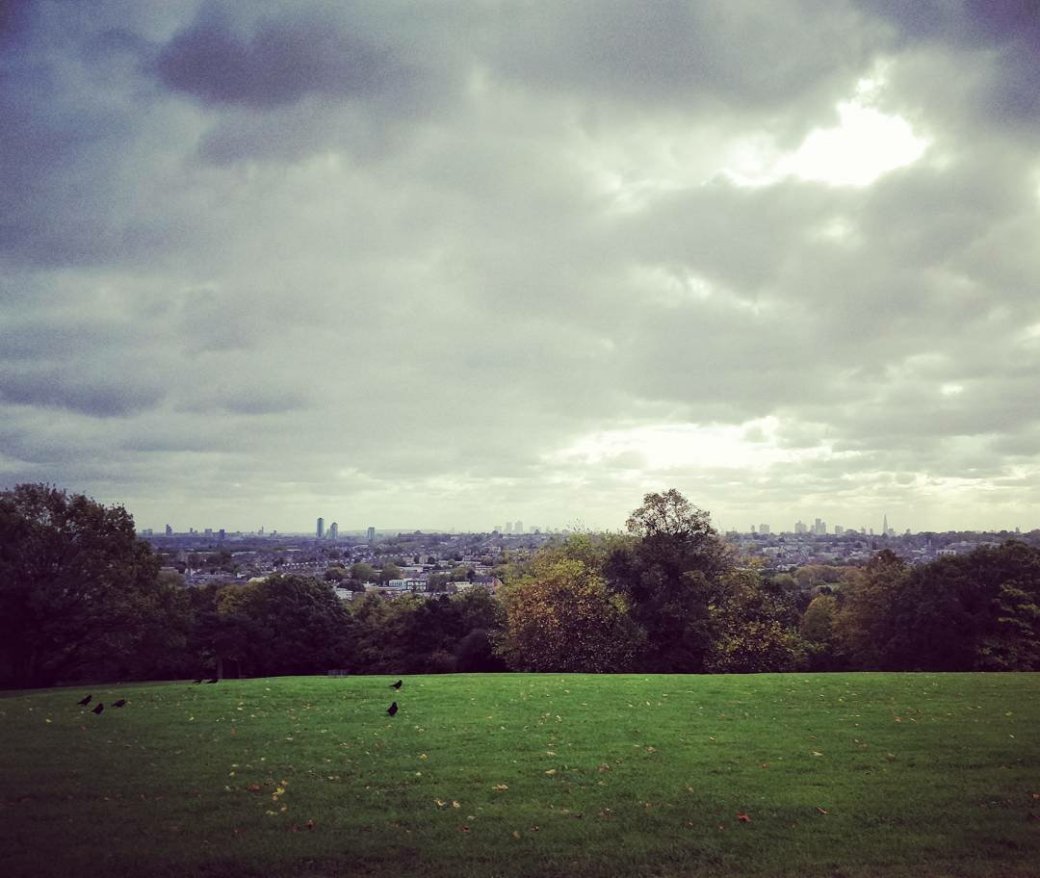It’s been almost two years since I graduated. Two whole years. Twenty four months. I could go on in this fashion, counting the days, hours, seconds… But that would be pointless and kind of boring. And for one, it’s time I will never get back.
They say that you shouldn’t regret the decisions you made, the chances you took, the path you chose to follow. But it’s very difficult to remember this when you’re feeling like you’ve hit rock bottom. (For the third time this week, whilst you eat an entire packet of Oreos and roll around in your bed that your landlord is refusing to replace).
Being a twenty-something year old in London is possibly one of the hardest things I think I will ever do in my life – and I know I haven’t lived my whole life yet, but I’m pretty certain on this one. Sometimes it’s one of my biggest regrets, and sometimes I feel like it was the best life decision I’ve ever made.
But that’s the thing. It’s dealing with those two extremes, and learning to cope with yourself, with your feelings, and also with the world around you. Actually letting yourself have those moments in bed with your Oreos (and that secret supply of Lucozade you have stashed in your pants drawer). But then having those days when you smash it at work and you realise you are killing it – you can achieve your goals. You are something. You’re bloody amazing and no one else is going to realise it if you don’t yourself.

No one else is going to realise it if you don’t yourself.
There’s a lot to be said about self-worth. You may have an amazing group of friends around you, a supportive family, a brilliant partner, whatever support network you have. They may all think you’re fantastic, and tell you so on a regular basis. But you’ve got to start believing it yourself. So what, you’re not exactly where you wanted to be in life by now? So are most people. They just don’t admit it. So you don’t have flawless skin and are a size 4? First off, both of those things are unrealistic for majority of us. And about ninety eight percent of the time it’s down to Instagram filters and extreme Photoshop. So what if you’re not going to the gym a million zillion times a week and have a bum like Beyoncé? It’s because you’re working your bum off all week, and allowing yourself a bit of down time, and maybe, just maybe, actually having a life.
It’s easy-peasy to say all these things, I know. I am kind of a hypocrite because I am guilty of routinely having these thoughts. But it’s important to keep yourself in check. Tell people if you’re feeling a bit rubbish today – a good sympathy hug can go a long way. Stick positive quotes on your walls, on your phone, your fridge, on your desk at work and wind your boss up to high hell. Write a cute message to go with your alarm to make yourself feel like a princess when you wake up (even if you do feel like there’s a strong chance that you may be Gollum’s long lost twin as you crawl out of your bedsheets). Give yourself more credit than you think you’re worth.
So guess what? You didn’t take the wrong path. Those decisions you made, those chances you took, they were right at the time. You might have messed up a serious amount and ruined a few things at the time – but hey, if something is damaged, you can always fix it. And if it’s so far beyond that point that you can’t fix it? Maybe it wasn’t meant to be salvaged to begin with.
So go and find some superglue. Pick up the pieces and carry on.














 UKIP isn’t generally recognised as a party that appeals to women. The latest YouGov poll has placed the party’s support at 15 points from the male voters, but the women lag behind at only 10. So of course it’s been a brilliant idea to jump on the bandwagon with the campaign against tampon tax. And it all helps their anti-EU stance too, so it’s a bit of a win-win situation. But maybe that’s me being quite sceptical.
UKIP isn’t generally recognised as a party that appeals to women. The latest YouGov poll has placed the party’s support at 15 points from the male voters, but the women lag behind at only 10. So of course it’s been a brilliant idea to jump on the bandwagon with the campaign against tampon tax. And it all helps their anti-EU stance too, so it’s a bit of a win-win situation. But maybe that’s me being quite sceptical.
